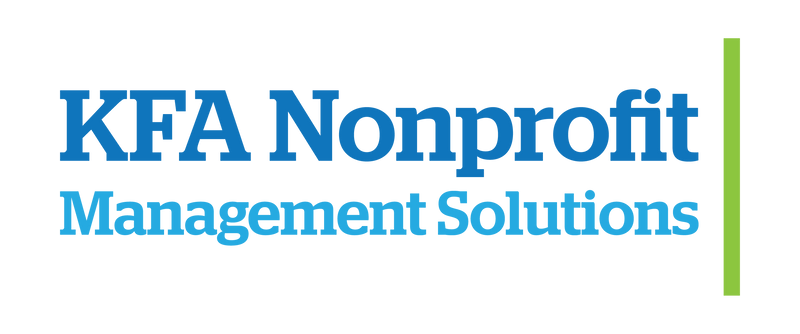
A school administrator once asked me, "why can't we just have the English teachers write grants?" Six weeks later, once I recovered from my stroke, I replied. "I see. You've never written a grant. Allow me to educate you a bit on my profession."
It’s common, especially among board members and others not intimately involved in day-to-day organizational operations, to have no concept of what actually goes into preparing a grant proposal. Many federal proposals require 80-160 work hours to complete. That’s not an exaggeration.
Further, the amount of time required to complete a proposal is not necessarily proportionate to the amount of funding requested. It can take just as long to write a $30K proposal as it takes to write a $3M proposal. In short, grant proposals aren’t something you just dash off on a Tuesday evening and drop in the mail the next morning.
Contrary to the practices of many organizations, you can’t expect someone to turn around an 80-hour grant proposal in two weeks and do their 40+ hour day job. I feel genuinely sorry for the executive directors, program managers, English teachers and other over-worked, underpaid do-gooders who are subjected to the unrealistic expectation that they squeeze grant writing into their "down time." It simply isn’t possible to do, let alone do well.
That’s when a grant writer can be helpful. It’s not just because a grant writer can add capacity to your already frazzled day. It’s because they possess a particular set of skills that make them invaluable to nonprofit organizations.
Knowledge
First, they have knowledge about grants. They know who is making grants, what grants are out there, where to find funding notices, why particular issues are being addressed by funders, how to read an RFP and craft a proposal. Knowledge can be gained a variety of ways, through a formal education or by reading and conducting research.
Expertise
On the other hand, expertise cannot be gained simply by reading a book or taking a class. To gain expertise, you must roll up your sleeves and set about the dirty work of actually writing funded grant proposals. Expertise isn't just about experience. You can gain a lot of experience writing a hundred grant proposals. If none of them are funded though, you haven't demonstrated that you have expertise in writing grants. By the same token, just because someone managed to write a single funded proposal, that does not make them an expert. Sometimes beginner's luck really happens.
Familiarity
Familiarity is a little trickier to define. True professional grant writers are typically generalists. You don't need a green energy grant writer or an education grant writer or a municipal projects grant writer. You just need a grant writer. That being said, the grant writer needs to have a general familiarity with what it is you are trying to accomplish. A grant writer doesn't need to be a 30-year teaching veteran and a nationally renowned health education expert to write a school-based teen pregnancy prevention grant. But they do need to know whether you intend to deliver abstinence only or comprehensive sex education and have a general understanding of the differences between the two. This is a fairly simplified example, but it makes the important point that grant writers don’t have to be experts in your specific field to write a winning proposal.
Clarity
Clarity is a two-way street. Obviously, you want a grant writer who clearly communicates what you can expect in return for your investment and exactly how much you should expect to invest. What a lot of organizations miss is the organization’s responsibility to clearly communicate information to the grant writer. To make your relationship with your grant writer work, you must be prepared to provide:
- reliable, responsive points of contact;
- well-defined goals and priorities;
- background information on past and existing revenue streams, particularly past grant awards; and,
- organizational documents such as letters of incorporation or charters, proof of non-profit status, accounting records, organizational charts, and resumes of key personnel.
It's inherent upon the grant writer to specify exactly what he or she needs before getting started. You shouldn't be asked at the last minute for documentation and support letters. But you can't wait until the zero hour to hand over information, either.
If you don't have the capacity provide info and documentation to a grant writer, you should probably reconsider getting outside help. Grant writers can't work in a vacuum. They'll need your help to write a proposal that gets funded.
